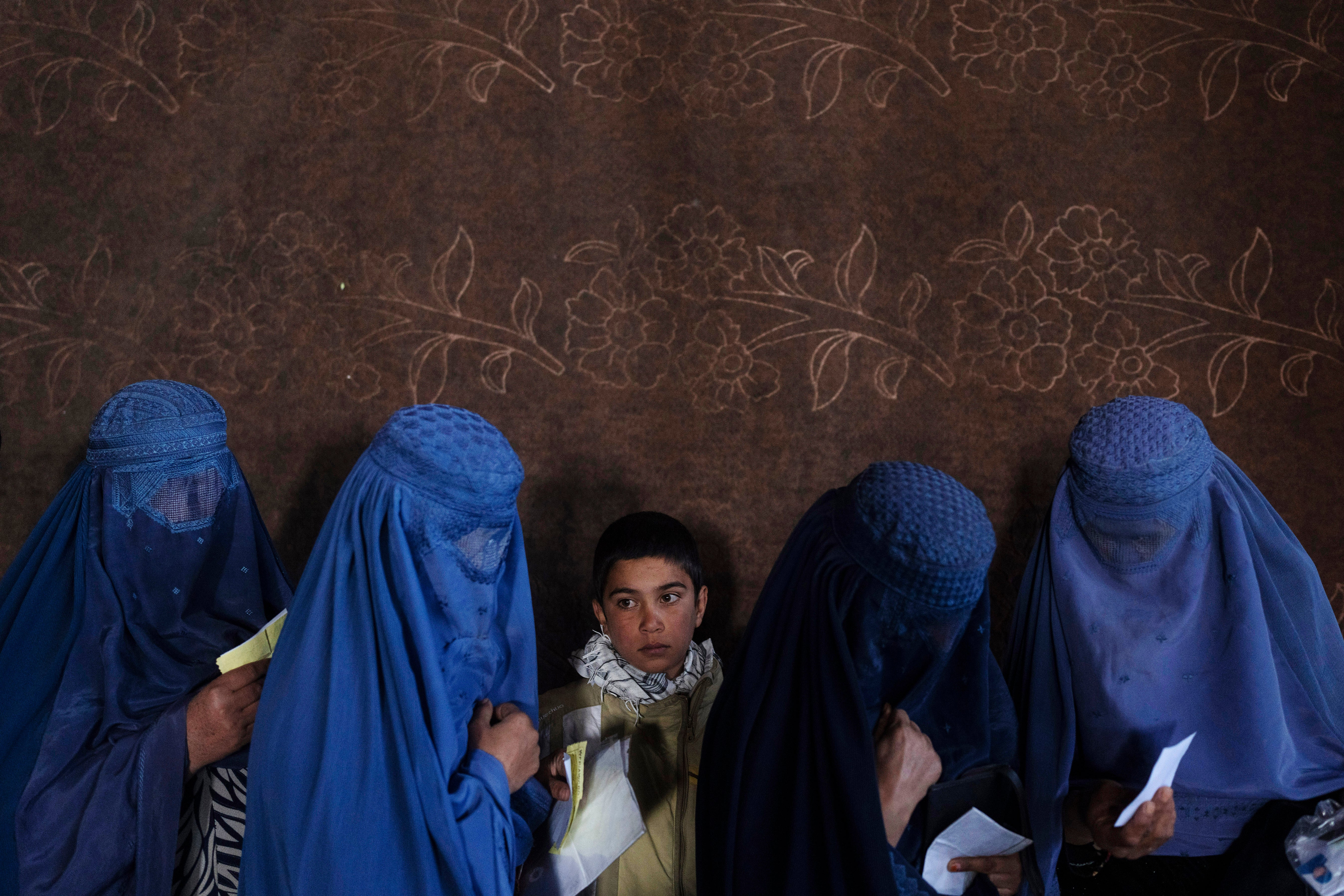UN says it's forced to cut food aid to millions globally because of a funding crisis
The United Nations says it has been forced to cut food, cash payments and assistance to millions of people in many countries because of “a crippling funding crisis” that has seen its donations plummet by about half as acute hunger is hitting record levels

The United Nations has been forced to cut food, cash payments and assistance to millions of people in many countries because of “a crippling funding crisis” that has seen its donations plummet by about half as acute hunger is hitting record levels, a top official said Friday.
Carl Skau, deputy executive director of the World Food Program, told a news conference that at least 38 of the 86 countries where WFP operates have already seen cuts or plan to cut assistance soon — including Afghanistan, Syria, Yemen and West Africa.
He said WFP’s operating requirement is $20 billion to deliver aid to everyone in need, but it was aiming for between $10 billion and $14 billion, which was what the agency had received in the past few years.
“We’re still aiming at that, but we have only so far this year gotten to about half of that, around $5 billion,” Skau said.
He said humanitarian needs were “going through the roof” in 2021 and 2022 because of the COVID-19 pandemic and the war in Ukraine and its global implications. “Those needs continue to grow, those drivers are still there," he said, "but the funding is drying up. So we’re looking at 2024 (being) even more dire.”
“The largest food and nutrition crisis in history today persists,” Skau said. “This year, 345 million people continue to be acutely food insecure while hundreds of millions of people are at risk of worsening hunger.”
Skau said conflict and insecurity remain the primary drivers of acute hunger around the world, along with climate change, unrelenting disasters, persistent food price inflation and mounting debt stress — all during a slowdown in the global economy.
WFP is looking to diversify its funding base, but he also urged the agency’s traditional donors to “step up and support us through this very difficult time.”
Asked why funding was drying up, Skau said to ask the donors.
“But it’s clear that aid budgets, humanitarian budgets, both in Europe and the United States, (are) not where they were in 2021-2022,” he said.
Skau said that in March, WFP was forced to cut rations from 75% to 50% for communities in Afghanistan facing emergency levels of hunger, and in May it was forced to cut food for 8 million people — 66% of the people it was assisting. Now, it is helping just 5 million people, he said. In Syria, 5.5 million people who relied on WFP for food were already on 50% rations, Skau said, and in July the agency cut all rations to 2.5 million of them. In the Palestinian territories, WFP cut its cash assistance by 20% in May and in June, and cut its caseload by 60%, or 200,000 people, he said. And in Yemen, he said, a huge funding gap will force WFP to cut aid to 7 million people as early as August.
In West Africa, where acute hunger is on the rise, Skau said, most countries are facing extensive ration cuts, particularly WFP’s seven largest crisis operations: Burkina Faso, Mali, Chad, Central African Republic, Nigeria, Niger and Cameroon.
He said cutting aid to people who are only at the hunger level of crisis to help save those literally starving or in the category of catastrophic hunger means that those dropped will rapidly fall into the emergency and catastrophe categories, “and so we will have an additional humanitarian emergency on our hands down the road.”
“Ration cuts are clearly not the way to go forward,” Skau said.
He urged world leaders to prioritize humanitarian funding and invest in long-tern solutions to conflicts, poverty, development and other root causes of the current crisis.
Bookmark popover
Removed from bookmarks